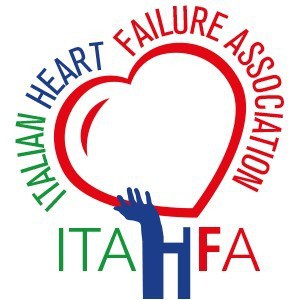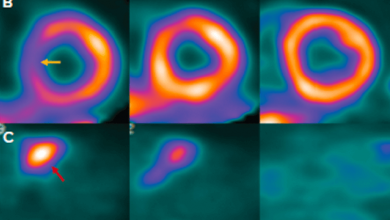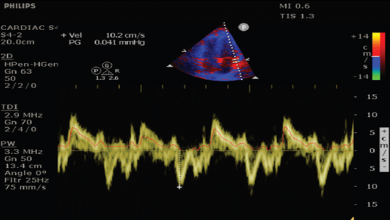Search results
Author(s):
Milton Packer
Added:
3 years ago
Patients with a broad range of systemic inflammatory rheumatic diseases (i.e. rheumatoid arthritis, systemic lupus erythematosus, psoriatic arthritis and ankylosing spondylitis) are exceptionally prone to cardiovascular disorders, but previous work concerning the development of heart disease in these individuals has largely focused on the risk of MI.
However, the most important cardiovascular…
View more
Paul F Dellaripa
Research Area(s) / Expertise:
Job title: Associate Professor
Author
Anne Grete Semb
Author
Neprilysin as a Biomarker
Author(s):
Noemi Pavo
,
Suriya Prausmüller
,
Philipp E Bartko
,
et al
Added:
3 years ago
Article
Author(s):
Gerard T Giblin
,
Laura Murphy
,
Garrick C Stewart
,
et al
Added:
2 years ago
Winter Peaks in Heart Failure
Author(s):
Simon Stewart
,
Trine T Moholdt
,
Louise M Burrell
,
et al
Added:
3 years ago
Article
Author(s):
Aniket S Rali
,
Sergio Trevino
,
Edward Yang
,
et al
Added:
3 years ago
Dear Editor,
Case Presentation
A 50-year old female presented to the emergency department with a 6-day history of fever, progressively worsening cough and shortness of breath. The patient did not report any contact with anyone who had been recently unwell or had been travelling. Upon arrival to the emergency room, the patient was noted to be severely hypoxaemic by pulse oximetry (66%) and in…
View more
Author(s):
Artemio García-Escobar
,
Juan Manuel Grande Ingelmo
Added:
3 years ago
To the Editor,
We congratulate Nadar and Shaikh for their excellent review of the use of biomarkers in heart failure (HF), as well as the new biomarkers currently under investigation.1
Red blood cell distribution width (RDW) is a measure of the heterogeneity of distribution of red blood cell size. A high RDW implies a large variation in red blood cell (RBC) size (anisocytosis) and a low RDW…
View more
Author(s):
Isabella Leo
,
Eleni Nakou
,
Antonio de Marvao
,
et al
Added:
1 year ago
Author(s):
Yang Yang
,
Aniket S Rali
,
Christian Inchaustegui
,
et al
Added:
3 years ago
Dear Editor,
The use of extracorporeal membrane oxygenation (ECMO) as salvage therapy in the most severe cases of acute respiratory distress syndrome (ARDS) has been associated with reduced mortality, particularly at high-volume centres. We report a case series of seven patients with coronavirus disease 2019 (COVID-19)-associated ARDS treated with ECMO.
In select COVID-19 patients suffering…
View more


















